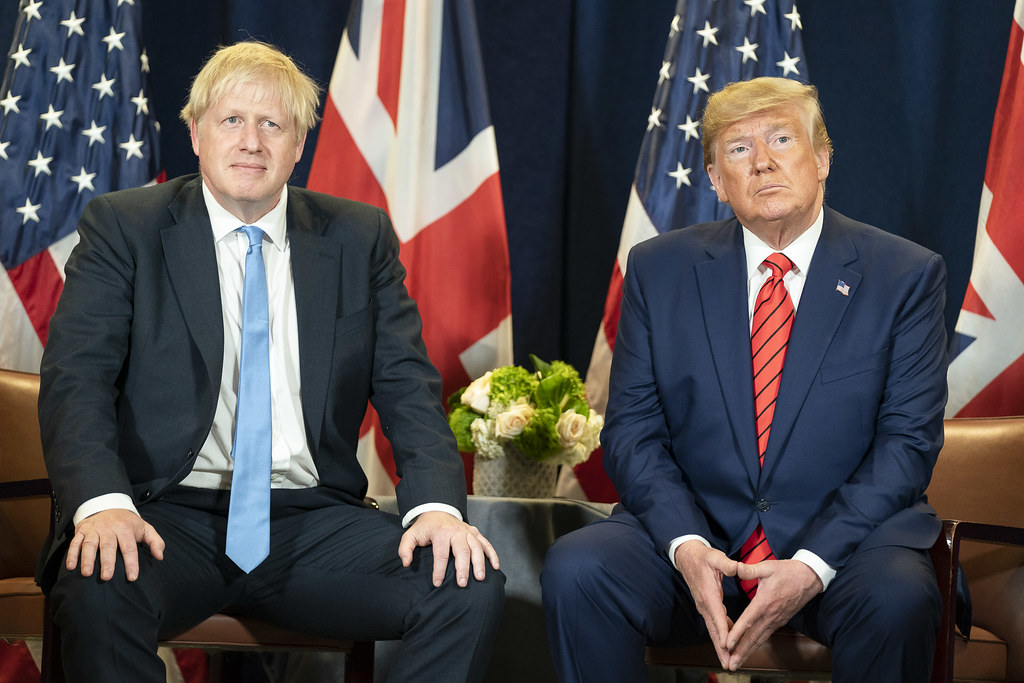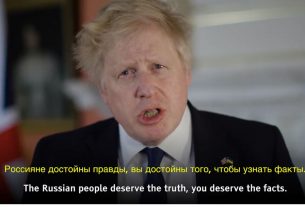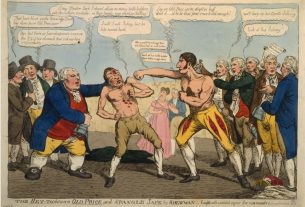When the British government resolved to have Huawei contribute to the development of its 5G network, everyone expected loud protests from the US. But at the time, the UK Huawei decision earned little outrage, at least in public. This morning, the Financial Times reports that things were quite different behind the scenes. By all accounts, the US president was ‘livid’ in what sources say was a ‘very difficult’ phone call. Although some senior Downing Street sources have downplayed the sentiments reported in the FT, the paper reportedly has two different sources confirming Donald Trump’s rage.
UK Huawei decision – no alternative provider available
The UK government was well aware that involving Huawei in the building of the 5G-infrastructure would not go down well in the US. Last year, the Trump administration accused the Chinese communication giant of trying to gather intelligence and vowed to ban it from selling its devices in the US, with the President publicly calling the company ‘very dangerous’. However, in recent months, Trump appears to have softened his stance a little.
Following its decision to continue working with Huawei, the UK government was quick to point out that it had no choice but to allow the Chinese company on board. According to government sources, Boris Johnson was quite frustrated and emphasized the importance of “like-minded countries working together to diversify the market and break the dominance of a small number of companies.” As of now, no alternative provider exists.
Following the phone call, the White House and Downing Street vowed to collaborate in reducing Huawei’s future involvement. The US attorney general, William Barr, said that the US should weigh up purchasing a controlling stake in Nokia and Ericsson to help those companies become viable Huawei-competitors. In further comments, he said: “It’s all very well to tell our friends and allies they shouldn’t install Huawei’s but whose infrastructure are they going to install?”
What now for the UK-US trade deal and Five Eyes?
Negotiating a solid trade deal with Donald Trump before the 2020-US election has been one of Boris Johnson’s priorities. Reports of an ‘apoplectic’ US president may not bode well for the talks, and other areas of tension have also arisen.
Among them, the UK’s proposed introduction of a digital services tax that would hit a large number of US firms. Reports suggest that Donald Trump may introduce retaliatory charges on UK products and services. The two countries are also at loggerheads concerning Iran, with the UK opposing the US’ withdrawal from the nuclear deal.
But both sides have downplayed these tensions. On his visit to London, Mike Pompeo, the US secretary of state, attempted to draw a line in the sand: “I’m confident we can work together to implement that decision and work to get this right.”
The UK is also keen to continue its intelligence sharing. Five Eyes is an intelligence alliance between the UK, US, New Zealand, Canada, and Australia. Given that Donald Trump appears to have taken the UK Huawei decision as a personal insult suggests that relations are strained, which may hurt trade negotiations and intelligence sharing matters.




